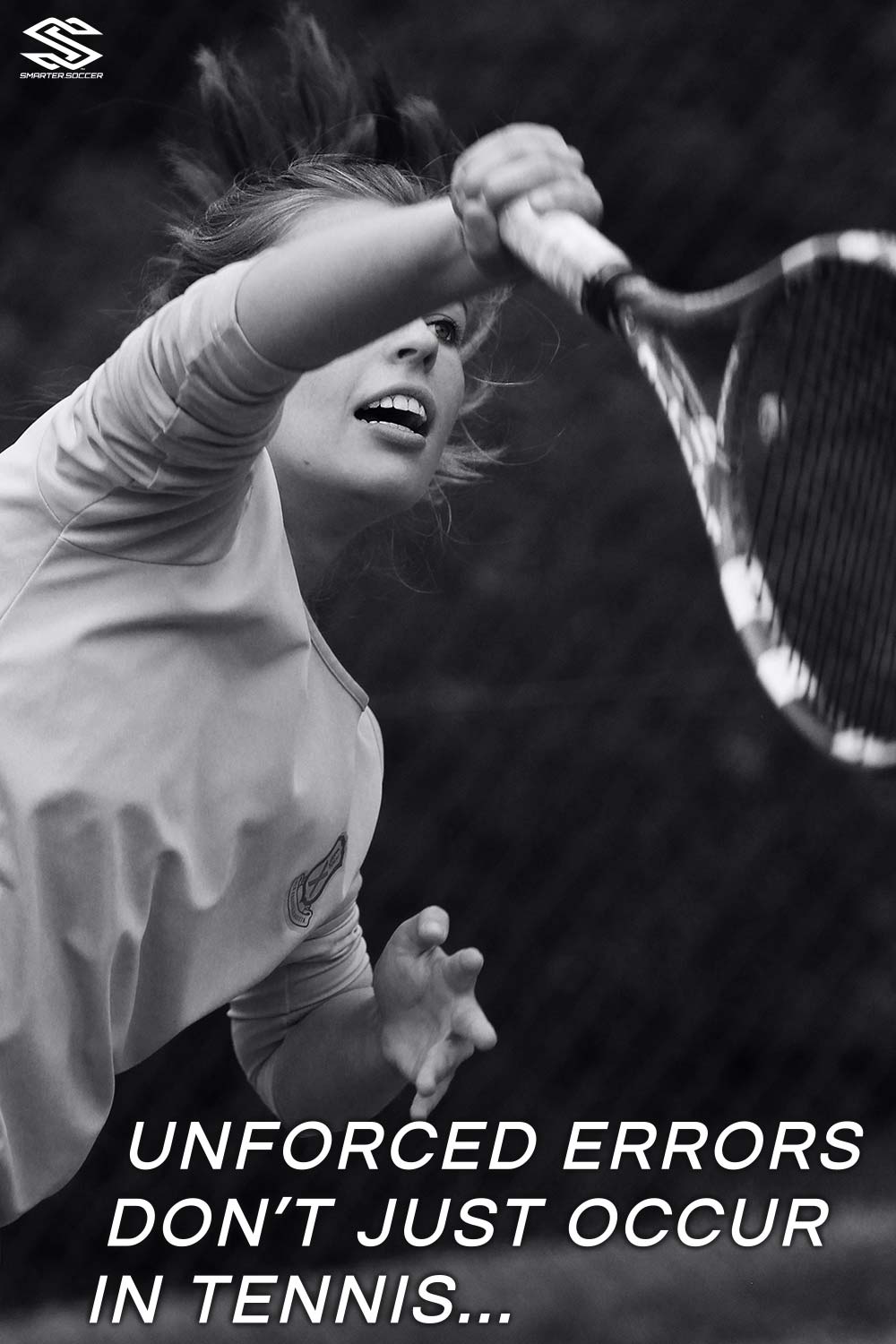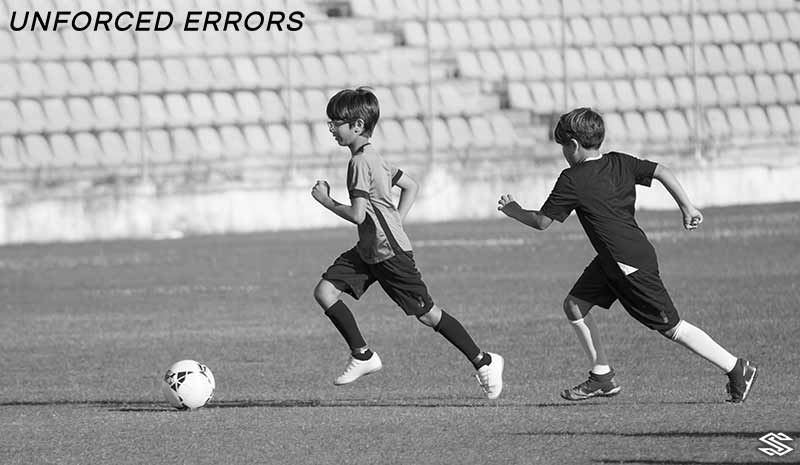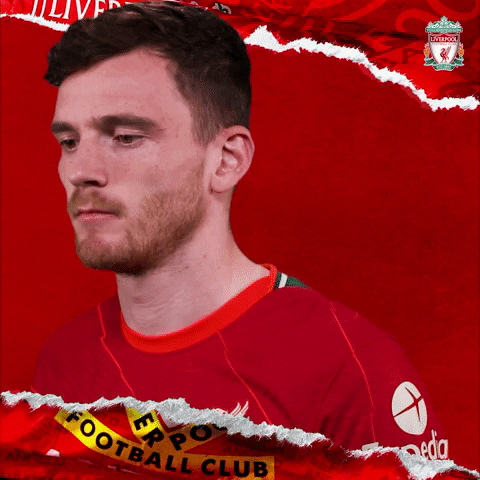ELIMINATE UNFORCED ERRORS
For soccer players who aspire to be the smartest competitors on the field, eliminating “unforced errors” is a key metric that will make a significant impact on your performance. What does Smarter Soccer mean by unforced errors?
You may have heard of the term “unforced error” if you play tennis, but most soccer players are unfamiliar with the concept. Let’s change that. In tennis, an unforced error is when you lose a point by making a mistake in a situation where you should be “in full command of your performance.” Some examples in tennis are hitting the ball out of play, double faulting on your serve, or hitting the ball into the net. Baseball also accounts for “errors” during game play when a player makes a mistake that should have been a routine play, such as an infielder allowing a ground ball to go through their legs.
In soccer there are also unforced errors. They may not get tallied as a statistic in tennis or on a scorecard such as in baseball, but they happen all the time. Some examples in soccer are committing a foul throw-in by lifting up your foot, passing the ball directly to the opponent instead of one of your teammates, and not controlling the ball well when it’s passed to you, giving it away to the other team. While sometimes it’s poor technique that leads to an unforced error, most of the time, it’s a mental mistake.

In soccer, as well as other sports, mental mistakes are deadly. When teams are evenly matched in competitive games, it’s often one bad mental error that’s the difference between winning and losing. We like to think that it’s a star player’s moment of brilliance, or a series of incredible passes that result in one team simply passing the ball into the goal, but the reality is that it’s often an unforced error by a single player that causes a team to lose. Don’t let that be you.
Being conscious of unforced errors is your first step to reducing them in games. And “being conscious,” means thinking about what you’re doing on the field in the present moment. For example, if the ball goes out of bounds and you pick it up for a quick throw-in, don’t forget the fundamentals and commit an unforced error. Think: ball behind my head, feet on the ground, now what’s my best play? Megan’s open; throw ball. Don’t get so excited to get Megan the ball that you forget the rules or proper technique and get called for a foul throw. It’s these types of unforced errors that drive coaches crazy and will reduce your playing time. Thus, as you prepare for practice, a game or even training by yourself, reserve part of your brain to address not committing unforced errors, it will pay off time and time again.

Definition: Unforced Error
A missed shot or lost point in tennis that is entirely a result of the player’s mistake and not because of the opponent’s skill or effort.

EX.01
Play Simply
Translation: Don’t Make Unforced Errors
You may hear your coach proclaim that he wants your team to “play simply.” But what your coach is really trying to say is “don’t try and do too much” that will result in losing possession or committing an unforced error. Often times when you try and thread a pass between two opponents, instead of delivering a safe pass to your wide open teammate, it will get intercepted. If this happens, you just made an unforced error. And guess who’s going to be more frustrated about this than you? Your coach. Continually making unforced errors on the field will result in only one thing: spending more time on the bench.
★ Smarter.Soccer Insight: Playing Simply doesn’t mean play boring soccer — it means playing smarter soccer.

Wow, super helpful! Thanks!!